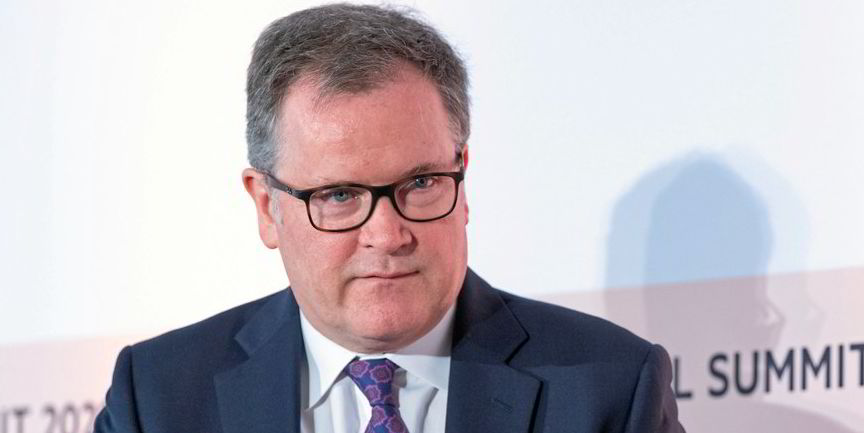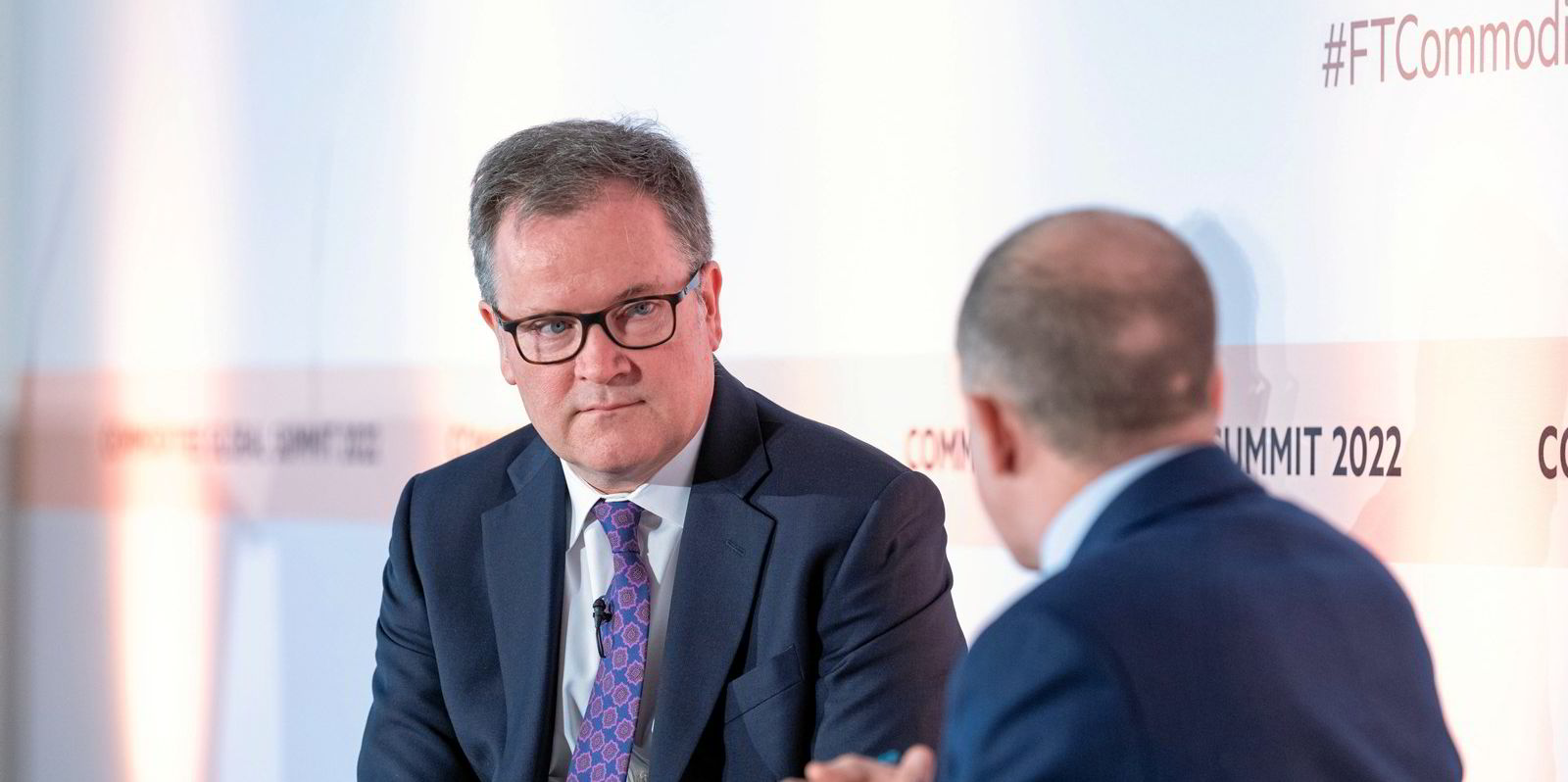Vitol has unveiled a radical decarbonisation scheme to keep ahead of International Maritime Organization climate change targets.
The Swiss trading, chartering and shipowning giant said in its latest environmental report that it is on track to achieve the IMO’s 2030 carbon intensity reduction target of 40% from a 2008 baseline as early as the end of 2024.
The ambitious deadline was proposed in 2021.
“We are … planning to cut our shipping emissions significantly faster than regulatory targets require — shipping being our principal source of Scope 1 greenhouse gas emissions,” the company said.
Shipping is integral to the business, with more than 6,000 voyages undertaken over the past year.
As of 31 December, the Vitol fleet consisted of more than 60 operationally controlled ships of varying sizes and types, including tankers, gas carriers and offshore vessels, supplemented by units chartered from third-party shipowners.
Most of the owned vessels are managed by technical management subsidiary LSC.
Vitol intends to optimise the operational, technical and fuel-use performance of its fleet and continue to reduce the carbon intensity of its vessel portfolio.
The plan is to introduce onboard efficiency programmes and retrofit devices including high-performance propellers, Mewis ducts, propeller boss cap fins, autopilot adaptive control, LED lights and high-performance hull coatings.
Vitol said it emitted 1m tonnes of CO2-equivalent directly through its own activities in 2022, and 9.8m tonne of CO2e indirectly through the chartered fleet and overall well-to-wake emissions for all bunker fuel consumption.
More vessels to be sold
The company is also exploring “drop-in” low-carbon fuels such as biofuels and will invest in future fuels-capable vessels.
Work is progressing on green methanol, ammonia and hydrogen solutions.
“Vitol remains on track to achieve its goals thanks to designing an improved fleet renewal strategy, adding eco-efficient tonnage to the fleet by end-2024,” it said.
The group has also sold several older ships over the past year, including a less efficient VLCC built in 2002.
“We will continue to seek opportunities to divest less efficient assets,” the group added.
“Finally, all vessels on long-term charters, as well as owned vessels, will be put through an optimisation programme to assess performance and increase operational efficiencies, ensuring continued compliance with Marpol carbon intensity regulations.”
For the first time, Vitol has estimated black carbon aerosol emissions arising from shipping activities.
In 2022, they were equivalent to 800,000 tonnes of CO2e, of which 100,000 tonnes directly arose from the controlled fleet and 700,000 tonnes indirectly from the chartered fleet
The group’s decarbonisation team has grown to six members in Geneva and Rotterdam, with one employee dedicated to shipping.
And the giant trader appointed former BlackRock managing director Eduard Ruijs as head of the transition this month.




